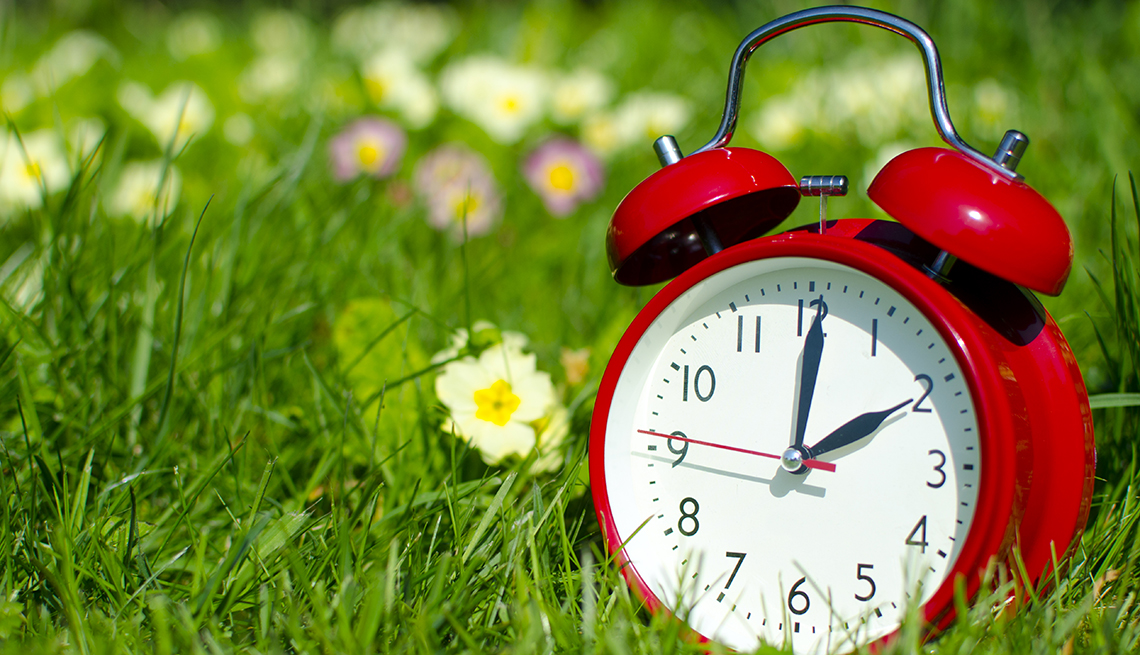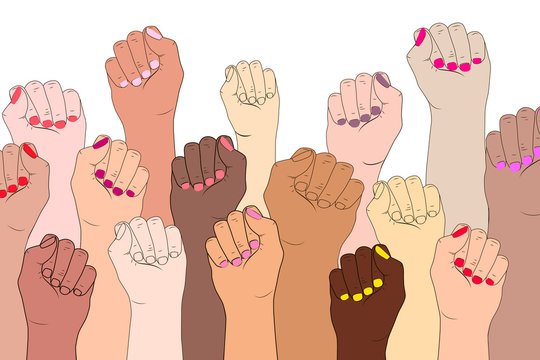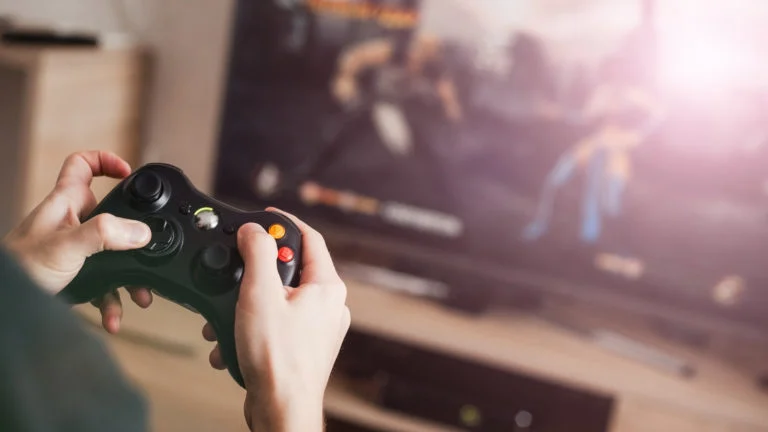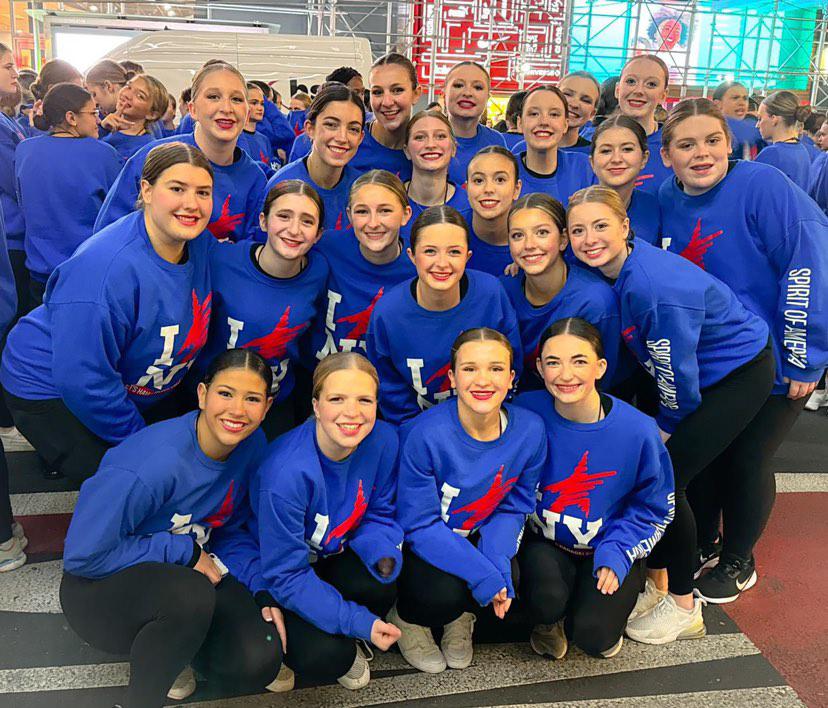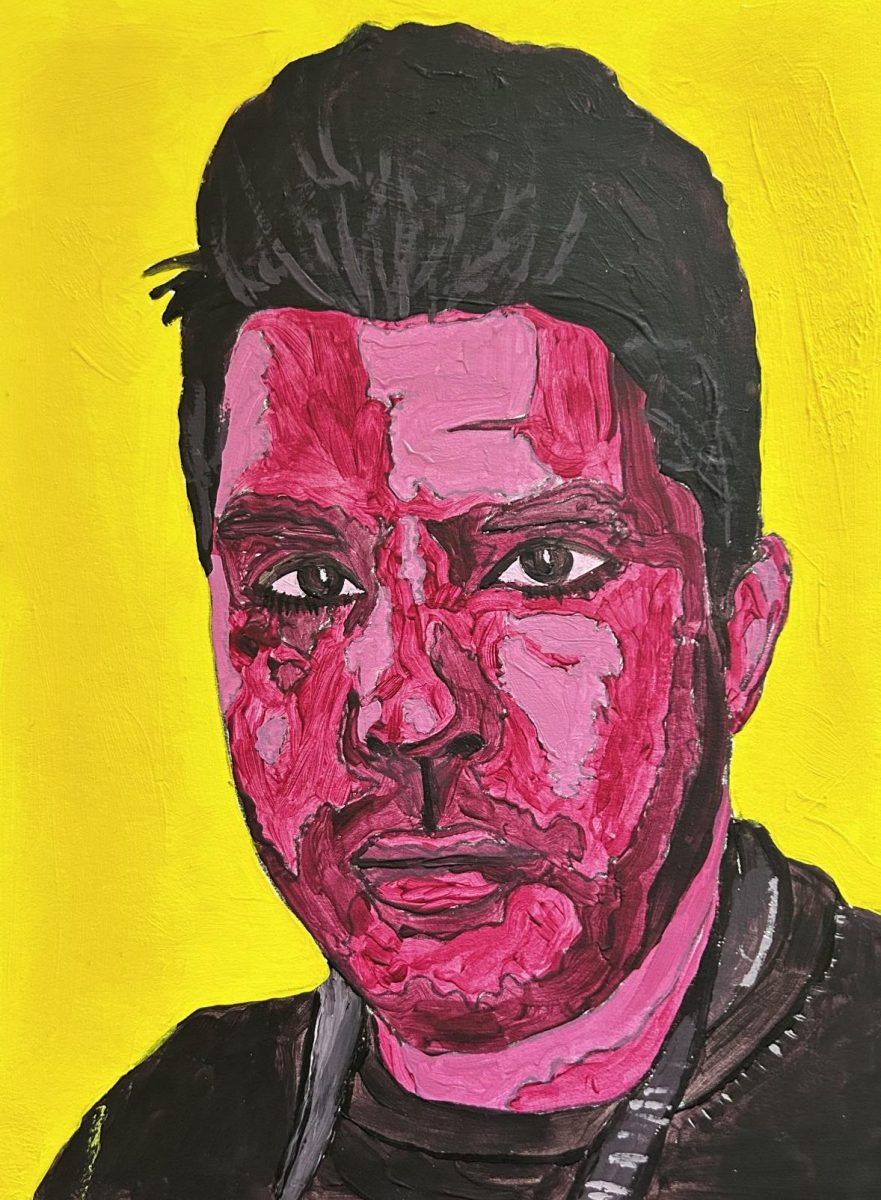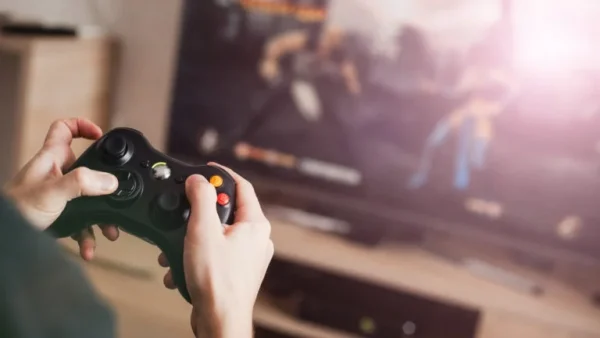Mental Health in Athletes
Sometimes, you just need to have a little fun.
Sports are a double-edged sword. They are physically demanding, requiring hours upon hours of training to just be mediocre. The great ones dedicate themselves and all of their free time to their respective sport, not leaving time to focus on the other side of the sword. The mental toll it can take on you. How you deal with the pressure of expectations, take feedback, think about it and how to use it to better yourself, and react to outcomes, win or lose.
People often ask athletes how they feel about their performance, how they feel physically, and if they are ready for the competition about to take place. People rarely ask an athlete how they are doing, if they are mentally exhausted, or if they are mentally ready for the competition coming. This has been a problem for decades within sports and is just now being brought to light.
Athletes often feel that they aren’t allowed to be struggling mentally, and the explanation of why is simple. A large part of being a successful athlete in any sport is confidence. As an athlete, you must go into every competition with the mindset that you are the best athlete there. The mindset that everyone else is competing against you showed up to take second place. When this mindset is mastered and truly believed, athletes will perform the best.
The other side of the sword is when you have this mindset and still come up short. And this does not have to be losing, this could be something as simple as a small part of your pre-game routine getting messed up and you have to change it. It could be a minor injury that requires just a couple of days off. When this occurs, you start performing scared, and no one has ever won a championship competing scared.
When this happens, athletes start to question their worth. Many athletes define themselves by their sport and how they perform. Just one bad day in the gym or on the field can lead them down a path of self-doubt, depression, and questioning their love and dedication to the sport. This can be an extremely steep hole to try and dig yourself out of, especially alone.
I have found myself in this hole recently, and I had no idea what was happening at first. I was in the best physical shape of my life, running times at workouts that would produce times to compete with anyone. But when I placed my foot on that line and the starting gun went off, I couldn’t enter that zone. The zone when you’re competing and you know you are either going to win or give it your 110% trying to.
I “couldn’t” run to my abilities, and it was tearing me apart.
The other side of the sword had finally caught up to me.
When you find yourself struggling with competing, the solution is often a simple one, yet extremely difficult to accomplish: You have to enjoy competing again.
The saying every little league coach in the world has said to us a million times, “It’s not about winning or losing, as long as you have fun.”
This is exactly what you have to do when you find yourself in this hole. It sounds straightforward and almost unbelievable, but science backs it up. Athletes who are the happiest when they are competing, often perform best. From little league all the way to an Olympic final race, you have to enjoy it. I know it is a crazy concept to wrap your head around, but hear me out.
Take Running for example. When you run, your brain releases dopamine, the “happy chemical.” Dopamine is the chemical that gets released when you laugh or smile at a cute puppy and the one that is released when you’re going for a run. Studies have shown again and again that when the more dopamine is released, the better the athlete performs. These studies have been conducted at the Olympic level runners all the way down to someone in your neighborhood just trying to lose a little weight. These studies have also shown that athletes that are struggling mentally and are putting too much pressure on themselves to perform, have the lowest levels of dopamine released by the brain. Meaning, the more you enjoy your sport and compete again, the more success you will have.
There is no textbook way to enjoy your sport again, everyone must do it differently, for themselves. For me, it was getting back to my roots. Going for runs with no music and no watch to tell me my pace or distance. Running around my hometown completely alone, I found the love for it again.
Next time you see an athlete, maybe one who isn’t performing to the level they typically do, or one that has a mountain of expectations for them, don’t ask them how they are feeling. Don’t ask them how the workout was or if they feel good about the competition coming up. Ask them how they are doing. If their mind is empty and relaxed, being in a state of readiness for the coming competition.
Sometimes, you just need to have a little fun.

Chuck Banks is a senior at Derry Area High School, and it is his first year as a staff writer. He is a member of the Cross Country and Track and Field...


